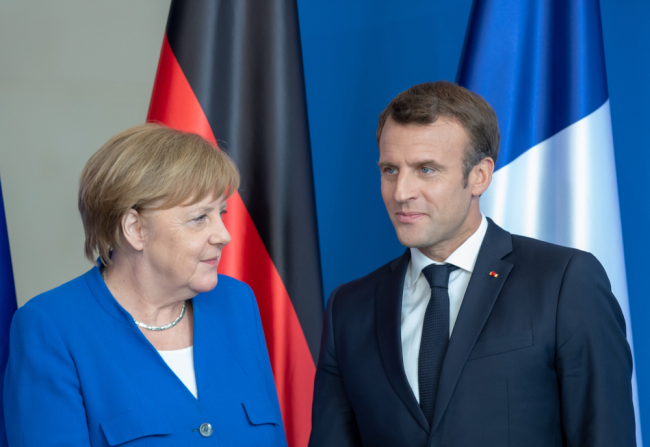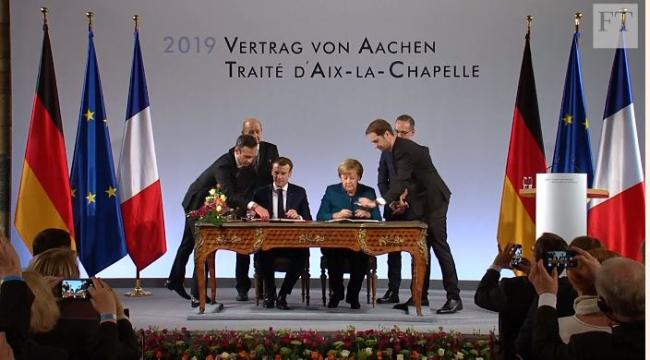German Domestic Policy
The analysis of Germany, at both the national and regional levels, is necessary to understand the contemporary issues that polarize, drive debates, and influence both political parties and the government.


Germany's FDP holds Strong Cards in Post-Election Haggling
Buoyant from its best election result in 10 years, Germany's liberal FDP party looks set to play a outsized role in coalition negotiations to form the next government.
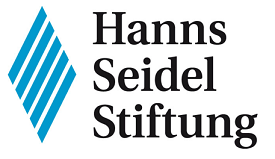
Which way for Germany’s foreign policy after the 2021 elections?
After 16 years of Angela Merkel, Germany’s federal election will not only pave the way for a new government but also for a brand-new foreign policy. At least potentially.


Armin Laschet: Merkel’s heir apparent?
Angela Merkel has governed Germany for 16 years and proven a reliable ally both in Europe and for the world. Will her party colleague hoping to succeed her follow in her footsteps or diverge from her path in order to forge his own legacy?
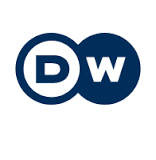

The end of the Merkel-Macron era — a mediocre legacy?
German Chancellor Merkel has met with French President Macron in what could be her final working visit to France. Some analysts say their cooperation should have produced more results.
France prepares for Departure of Sometimes Reluctant Partner and Rival Merkel
Macron set to become the uncontested leader of Europe with German chancellor’s exit. Chancellor Angela Merkel was not naturally inclined to focus on Franco-German relations. “She comes from the former East Germany, and her experience was of east bloc countries, especially Russia, ” says Sabine Rau, Paris bureau chief for the German public television network WRD.


Germany calls for closer cooperation with France over security threats
German Defence Minister Annegret Kramp-Karrenbauer has called for closer bilateral cooperation with France in light of the tense security situation in Europe marked by the Russian “threat”, the rise of China and spreading “Islamist terrorism” in the Sahel region.

Battered by trade war, Merkel begins controversial China trip
Critics fear Germany could put European unity on the line. Angela Merkel will have to tread carefully on her visit to China this week to avoid tripping over Hong Kong and stepping on Germany’s car industry. Angela Merkel will have to tread carefully on her visit to China this week to avoid tripping over Hong Kong and stepping on Germany’s car industry.
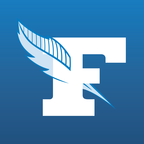

European Elections: in Germany, traditional parties in the hot seat?
On May 26, the Germans will go to the polls to elect their MEPs. An important election for Germany, where political parties have been in the process of restructuring since the last federal election.
Merkel and Macron betray weakness with cautious Aachen treaty
When Angela Merkel and Emmanuel Macron sign a new Franco-German treaty in the historic city of Aachen on Tuesday, there will be much soaring rhetoric about the deepening ties between the two countries. To critics, though, the Treaty of Aachen is thin gruel. Anyone hoping for a new, tighter alliance between France and Germany, and for signs that the two countries might once again drive European integration, will be disappointed.


Germany Hesitant over Macron’s Vision
The French president’s speech on ambitious EU reform met politely raised eyebrows in Germany as Berlin struggles to build a new government. Any other day, a two-hour plea from the French president for a stronger European Union would have sent politicians in Germany rushing for the nearest mic. But just a few days after its own election, Berlin is distracted.
Support independent French research
Ifri, a foundation recognized as being of public utility, relies largely on private donors – companies and individuals – to guarantee its sustainability and intellectual independence. Through their funding, donors help maintain the Institute's position among the world's leading think tanks. By benefiting from an internationally recognized network and expertise, donors refine their understanding of geopolitical risk and its consequences on global politics and the economy. In 2025, Ifri supports more than 80 French and foreign companies and organizations.








